Celebrating the World Wide Wonderland
If you’ve ever surfed the web, clicked on a link, or perhaps fallen into the bottomless pit of cat videos, congratulations—you’re an Internaut! The term "Internaut" combines "Internet" and "astronaut," suggesting that exploring the web is akin to navigating the vastness of space. While we might not be floating in zero gravity, many of us have certainly felt the dizzying effects of endless scrolling.
The Origins of the Internet
The Internet’s journey began in the swinging 60s, a decade famous for moon landings, flower power, and the birth of the most significant communication tool in history—not that anyone realized it at the time. The story kicks off with ARPANET, a project funded by the U.S. Department of Defense. The goal? To create a network that could withstand a nuclear strike by decentralizing communications. It wasn’t about sharing cute cat pictures just yet, but survival in the face of global threats.
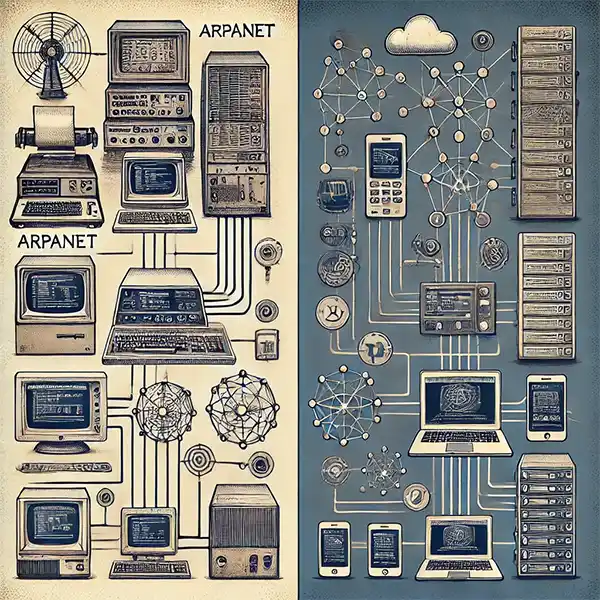 On October 29, 1969, the first message was sent over ARPANET from UCLA to Stanford. The intended message was “LOGIN,” but as fate (and a very early crash) would have it, only “LO” made it through before the system conked out. The Internet’s first word was not a profound statement, but a mere syllable—a fitting beginning for something that would later become a place for equally puzzling content (looking at you, “Rickrolling”).
On October 29, 1969, the first message was sent over ARPANET from UCLA to Stanford. The intended message was “LOGIN,” but as fate (and a very early crash) would have it, only “LO” made it through before the system conked out. The Internet’s first word was not a profound statement, but a mere syllable—a fitting beginning for something that would later become a place for equally puzzling content (looking at you, “Rickrolling”).
Now, a quick detour to clear up a common misconception: The Internet was not invented by Al Gore. While Gore was indeed an early advocate for technology and did play a significant role in promoting the development of the Internet infrastructure during his time in Congress, he did not single-handedly create the web. So, if you've been picturing Al Gore hunched over a computer, coding away in the 60s, it’s time to let that image go. However, we can thank him for supporting the funding and policies that allowed the Internet to flourish into the juggernaut we know today.
Back to our story—ARPANET expanded slowly through the 1970s, connecting various universities and research institutions. It wasn’t until 1983 that a significant milestone was reached with the adoption of TCP/IP (Transmission Control Protocol/Internet Protocol), a set of rules governing how data is transmitted across networks. This development allowed different networks to communicate with each other, laying the groundwork for what we now call the Internet.
The real game-changer, however, came in 1989, when a British computer scientist named Tim Berners-Lee proposed a system to link documents using hypertext—a concept that would give birth to the World Wide Web. This innovation was revolutionary because it made the Internet accessible to everyone, not just those with advanced technical knowledge. In 1991, the first website was created, and by 1993, there were a whopping 130 websites in existence. It’s hard to imagine now, given that today we have billions of websites, each more bizarre and specialized than the last (yes, there’s a site dedicated to rating the world’s parking lots).
By the mid-90s, the Internet had truly entered the public consciousness, aided by the rise of web browsers like Netscape and search engines like Yahoo! The digital floodgates were open, and the Internet transformed from a military tool into a platform for social interaction, education, commerce, and—inevitably—endless debates over who had the best Geocities page.
As the Internet evolved, so did the culture surrounding it. Early pioneers might have envisioned it as a tool for sharing knowledge, but it quickly became evident that it was also perfect for sharing everything else—from recipes to rants, and yes, eventually, to LOLcats. These days, the Internet is a kaleidoscope of human experience, capturing the highs and lows of global culture in real-time.
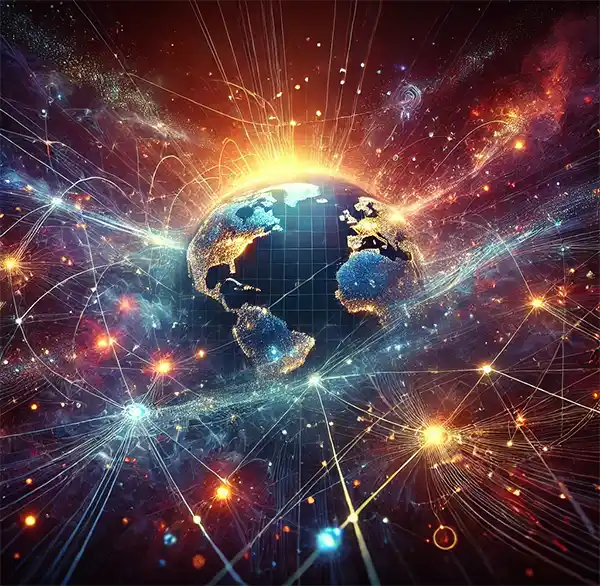 So while Al Gore didn’t invent the Internet, he did help create an environment where it could thrive. The true inventors were a group of visionary engineers and scientists who, over the course of several decades, laid the foundation for what would become one of humanity’s greatest tools. And as we celebrate Internaut Day, it’s a chance to reflect on just how far we’ve come—from those early “LO” messages to a world where we can communicate, learn, and be endlessly entertained with a click or a tap.
So while Al Gore didn’t invent the Internet, he did help create an environment where it could thrive. The true inventors were a group of visionary engineers and scientists who, over the course of several decades, laid the foundation for what would become one of humanity’s greatest tools. And as we celebrate Internaut Day, it’s a chance to reflect on just how far we’ve come—from those early “LO” messages to a world where we can communicate, learn, and be endlessly entertained with a click or a tap.
How the Internet Grew Legs and Started Running
In the early 1990s, a British computer scientist named Tim Berners-Lee had a bright idea: a system to link documents over the Internet using hypertext. And thus, the World Wide Web was born! This wasn’t just a web of connections; it was the beginning of the Internet as we know it—a place where information, entertainment, and, yes, procrastination collide.
By 1993, there were only 130 websites in existence. Now, that number is in the billions, and every conceivable topic—from ancient Roman plumbing to reviews of the latest kombucha flavors—has a digital home.
Let’s take a moment to appreciate how far we’ve come. Do you remember the days of dial-up? That delightful symphony of screeching tones as your modem attempted to connect? And then the inevitable scream when someone picked up the phone and disconnected you? Dial-up was the Internet equivalent of riding a horse and buggy. Today, with fiber-optic speeds, we’re essentially driving Formula 1 cars—minus the glamorous pit stops.
The rise of social media in the 2000s transformed the Internet from a static information resource to a dynamic, ever-changing ecosystem. Platforms like MySpace, Facebook, and later Instagram, Twitter (now X), and TikTok, turned us all into digital content creators, whether we were ready for the spotlight or not.
The Dark Side of the Web
Of course, not everything online is kittens and rainbows. The Internet has its dark corners—cyberbullying, misinformation, and those annoying pop-up ads that refuse to close no matter how many times you click the "X." But the Internaut community has grown savvy, learning to navigate the tricky waters with tools like ad-blockers, privacy settings, and, when necessary, the ancient art of hitting “Ctrl+Alt+Delete.”
The Internet has transformed virtually every aspect of our lives—how we work, shop, communicate, and even find love. Online shopping has rendered the mall a relic, and video calls have turned “office attire” into something that only requires being presentable from the waist up.
But the most significant impact of the Internet might be how it has democratized knowledge. With a few keystrokes, you can learn about anything from quantum physics to how to change a tire. Or, if you’re like most of us, you can simply end up down a rabbit hole learning useless trivia like the world record for the most marshmallows eaten in a minute (25, in case you were wondering).
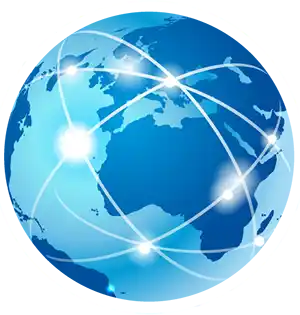 The Future of the Internet
The Future of the Internet
As we look to the future, the Internet will continue to evolve. With the rise of artificial intelligence, virtual reality, and the Internet of Things (IoT), our digital lives are only going to become more intertwined with our physical ones. Who knows? Maybe one day, we’ll be living in fully digital cities, with avatars doing our shopping while we relax on a virtual beach.
On Internaut Day, take a moment to appreciate the marvel that is the Internet. Reflect on how it has connected us, entertained us, and, occasionally, confused us with its seemingly endless supply of obscure memes. Whether you’re sending an email, streaming a video, or scrolling through social media, you’re part of a global community of Internauts, navigating the vast expanse of the digital universe together.
So, here’s to the Internet—may it continue to be a place where we can explore, laugh, and, most importantly, never have to hear that dial-up sound again.
Please Share our Content

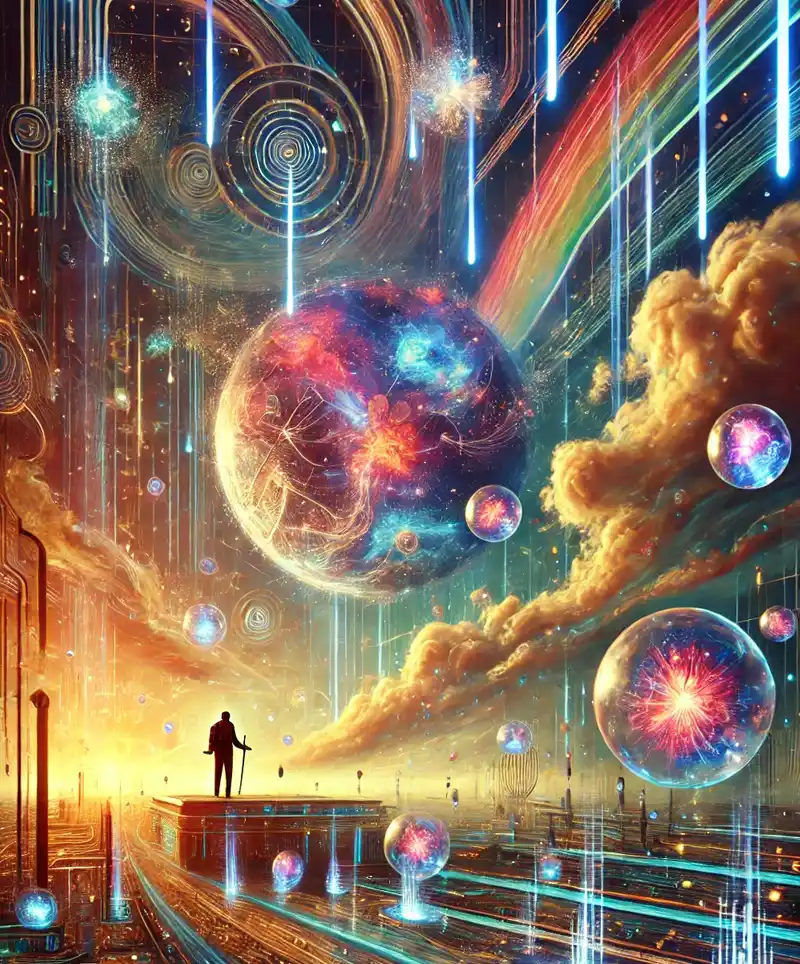
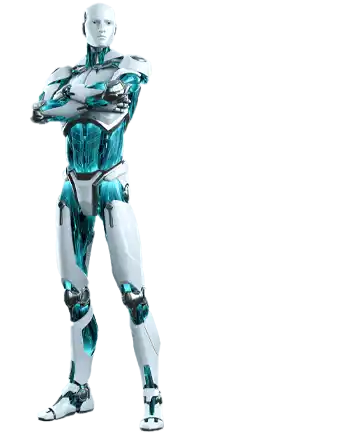



 On October 29, 1969, the first message was sent over ARPANET from UCLA to Stanford. The intended message was “LOGIN,” but as fate (and a very early crash) would have it, only “LO” made it through before the system conked out. The Internet’s first word was not a profound statement, but a mere syllable—a fitting beginning for something that would later become a place for equally puzzling content (looking at you, “Rickrolling”).
On October 29, 1969, the first message was sent over ARPANET from UCLA to Stanford. The intended message was “LOGIN,” but as fate (and a very early crash) would have it, only “LO” made it through before the system conked out. The Internet’s first word was not a profound statement, but a mere syllable—a fitting beginning for something that would later become a place for equally puzzling content (looking at you, “Rickrolling”). So while Al Gore didn’t invent the Internet, he did help create an environment where it could thrive. The true inventors were a group of visionary engineers and scientists who, over the course of several decades, laid the foundation for what would become one of humanity’s greatest tools. And as we celebrate Internaut Day, it’s a chance to reflect on just how far we’ve come—from those early “LO” messages to a world where we can communicate, learn, and be endlessly entertained with a click or a tap.
So while Al Gore didn’t invent the Internet, he did help create an environment where it could thrive. The true inventors were a group of visionary engineers and scientists who, over the course of several decades, laid the foundation for what would become one of humanity’s greatest tools. And as we celebrate Internaut Day, it’s a chance to reflect on just how far we’ve come—from those early “LO” messages to a world where we can communicate, learn, and be endlessly entertained with a click or a tap. The Future of the Internet
The Future of the Internet








 "Sláinte!" is a traditional Irish expression used as a toast, equivalent to "Cheers!" in English.
"Sláinte!" is a traditional Irish expression used as a toast, equivalent to "Cheers!" in English.